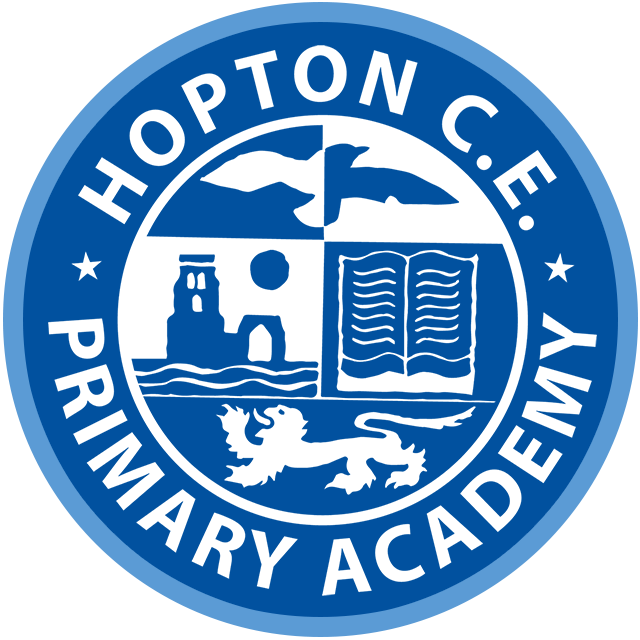Geography vision statement
“Geography is a living, breathing subject, constantly adapting to change. It is dynamic and relevant.”
Michael Palin

The learning of geography inspires our pupils to have a curiosity of everything around them and to be inquisitive about different places and cultures in the world.
We believe it is important to provide living geography through beach schools and outdoor learning, making it relevant to children’s lives, their futures and their world.
We strongly believe that the purpose of geography is about geographical literacy. This means we aim for children to think critically, think spatially, use maps, visual images and technology to analyse and present information.
This provides our children with a good understanding of their responsibilities within their own society, whilst also having a clear insight into the sustainability in an ever-changing world.
The basis of our curriculum, following the Kapow Primary scheme of learning, is inspired by our school vision and ethos of #CARE, compassion, aspiration, respect and equality/equity.
Our aims for geography
The national curriculum for geography aims to ensure that all pupils:
- develop contextual knowledge of the location of globally significant places – both terrestrial and marine – including their defining physical and human characteristics and how these provide a geographical context for understanding the actions of processes
- understand the processes that give rise to key physical and human geographical features of the world, how these are interdependent and how they bring about spatial variation and change over time
- are competent in the geographical skills needed to:
- collect, analyse and communicate with a range of data gathered through experiences of fieldwork that deepen their understanding of geographical processes
- interpret a range of sources of geographical information, including maps, diagrams, globes, aerial photographs and Geographical Information Systems (GIS)
- communicate geographical information in a variety of ways, including through maps, numerical and quantitative skills and writing at length.
Spiritual development in geography
The study of geography is promoting a sense of wonder and fascination with the natural world: both at the physical and human features. It also inspires awe and wonder of the environment such as rivers, mountains, hills, volcanoes and the effect of weather and climate. As well as reflecting on a variety of landscapes and locations.
Understanding that all life is linked together and create the processes that make Earth the only known inhabited planet.
The value of stewardship is covered by looking at reduce, reuse and recycle.




